Millennials are rewriting the rulebook on adulthood, embracing lifestyles that often prioritize pets over children. At first glance, it seems like the perfect solution—pets are adorable, less expensive than raising kids, and offer companionship without the lifelong responsibility of human parenting. However, this modern trend isn’t all sunshine and wagging tails. From misunderstandings about pet care to unexpected challenges for both humans and animals, the cracks in this approach are starting to show. Let’s take a deeper dive into 16 reasons why raising pets instead of kids might not be going as well as we think.
1. Pets Are Not Children
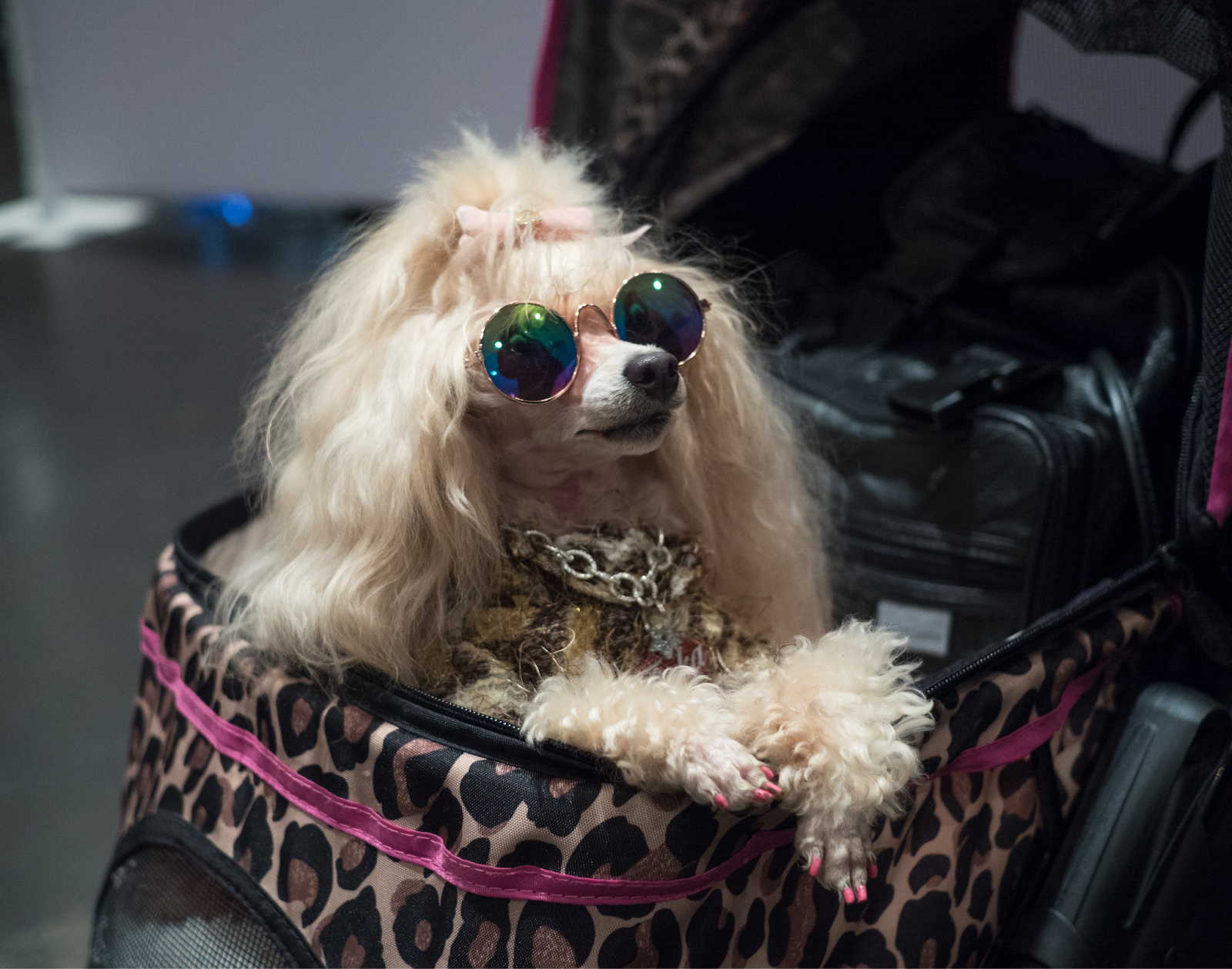
Wikimedia Commons
It’s easy to see why people treat pets like children. They’re lovable, expressive, and become integral parts of the family. But at the end of the day, pets are animals with needs and instincts that differ vastly from human kids. Dressing them up in costumes, hosting birthday parties, or expecting them to behave like little humans often does more harm than good. It creates unrealistic expectations and can lead to frustration when pets act like, well, pets. While the love millennials have for their furry companions is heartfelt, conflating them with children doesn’t do justice to their unique nature.
2. Lack of Understanding of Pet Needs

Rawpixel
Many millennials jump into pet ownership without fully understanding what their animals require. Dogs need consistent training, physical exercise, and mental stimulation, while cats thrive on routine and engaging environments. Without meeting these needs, pets can develop behavioral issues, from destructive chewing to anxiety-driven aggression. This lack of preparation stems from good intentions but ultimately leaves both owner and pet struggling. Raising a pet is a commitment that involves learning about their specific needs and adapting your life to meet them—a task many aren’t prepared for when they treat it like an alternative to parenting.
3. Rising Veterinary Costs
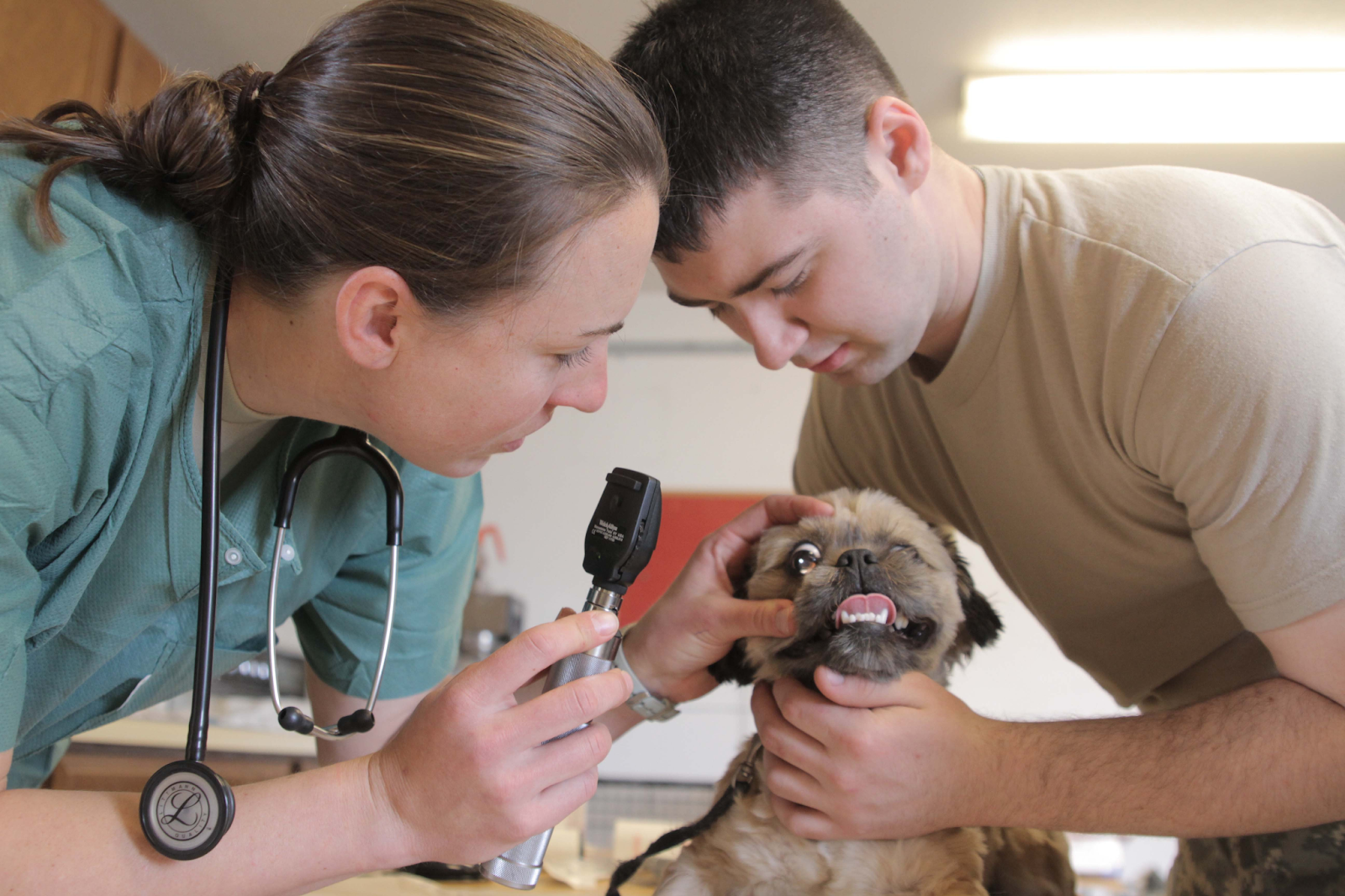
Wikimedia Commons
One of the reasons millennials opt for pets instead of kids is the perceived lower cost. While it’s true that pets are less expensive than raising a human child, they’re far from cheap. Veterinary care, especially emergency treatment, can cost thousands of dollars. Regular check-ups, vaccinations, and preventative care also add up over time. Pet insurance, while helpful, isn’t always affordable or comprehensive. Many millennials face financial stress when their pets fall ill, leading to difficult decisions about care. The idea that pets are an inexpensive alternative to children quickly falls apart when unexpected medical bills pile up.
4. Over-Humanization of Pets

Pexels
It’s natural to want to shower pets with love, but there’s a fine line between affection and over-humanization. Carrying dogs in strollers, feeding them human food, or treating them like fragile beings can unintentionally harm them. Pets need to express their natural behaviors, such as exploring, hunting, or chewing, to stay mentally and physically healthy. When we impose human norms on them, we often suppress these instincts. Over-humanization, while well-meaning, can create confused and anxious animals. Pets thrive when treated as the wonderful creatures they are, not as substitutes for human children or emotional crutches.
5. Housing Challenges

Flickr
For millennials, finding pet-friendly housing can feel like an uphill battle. Many landlords either don’t allow pets or impose steep fees and restrictions. In urban areas, small apartments and lack of outdoor spaces make it even harder to provide a good environment for animals. Some owners, desperate to keep their pets, resort to hiding them, which creates stress for both parties. Moving frequently, a hallmark of millennial life, also disrupts pets’ routines and contributes to their anxiety. Housing insecurity doesn’t just affect millennials—it impacts their pets’ well-being, too, creating a cycle of instability for both.
6. Limited Time for Care

PickPik
Millennials often lead busy, multifaceted lives, juggling demanding jobs, side hustles, and social obligations. While this ambition is admirable, it often leaves little time for pets. Dogs and cats require companionship, playtime, and attention to thrive. Long hours alone at home can lead to separation anxiety, destructive behaviors, or even depression in pets. Owners, in turn, feel guilty about not being there, creating a cycle of stress. The reality is that pet ownership demands time and energy that many millennials simply don’t have, leaving both human and animal struggling to meet each other’s needs.
7. Unrealistic Expectations

Flickr
Social media paints a rosy picture of pet ownership—adorable outfits, cuddly moments, and Instagram-worthy adventures. But the reality is far messier. Pets get sick, make messes, and require training and patience. Millennials often go into pet ownership with unrealistic expectations, influenced by the polished perfection of online influencers. When the day-to-day challenges set in, the disconnect between expectation and reality can lead to frustration or even regret. Pets are wonderful companions, but they’re also a lot of work, and expecting perfection can strain the relationship between owner and pet.
8. Impact on Pet Health
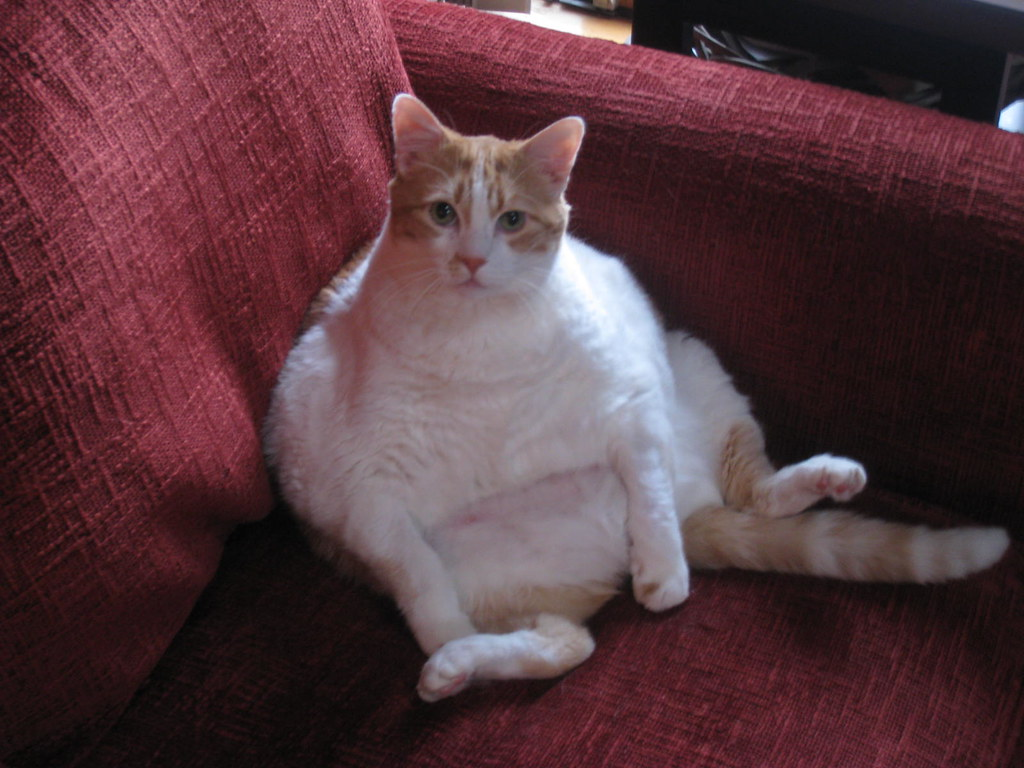
Flickr
Loving your pet doesn’t always mean you’re doing what’s best for them. Overfeeding, lack of exercise, and inappropriate diets are common issues among millennial pet owners. Obesity in pets is a growing problem, leading to diabetes, joint issues, and other health concerns. Additionally, over-coddling or inconsistent care can stress animals, weakening their immune systems. While millennials’ intentions come from a place of love, misunderstanding their pets’ needs can inadvertently harm them. Providing proper care means balancing affection with a commitment to their physical and mental well-being.
9. Pets Are Not a Substitute for Human Connection
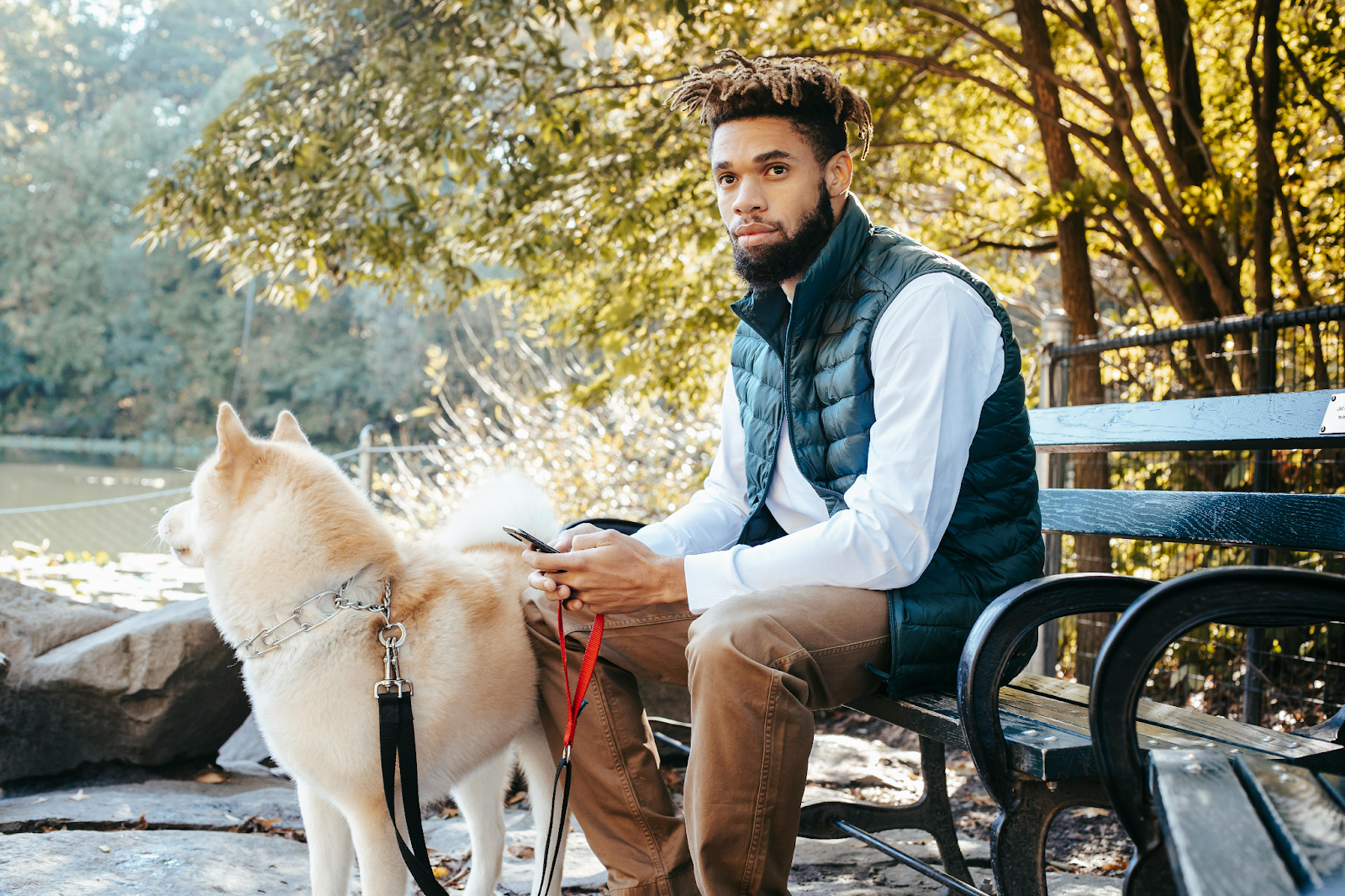
Pexels
Pets offer unconditional love and companionship, but they can’t replace human relationships. For some millennials, pets become emotional stand-ins for friends, partners, or children. While this bond is heartwarming, it can lead to over-dependence on the pet for emotional support, which isn’t healthy for either party. Pets thrive when their owners have balanced, fulfilling lives outside their relationship. Relying solely on pets for connection can isolate owners and place undue pressure on the animal to meet human emotional needs it’s not equipped to handle.
10. Longevity Misalignment
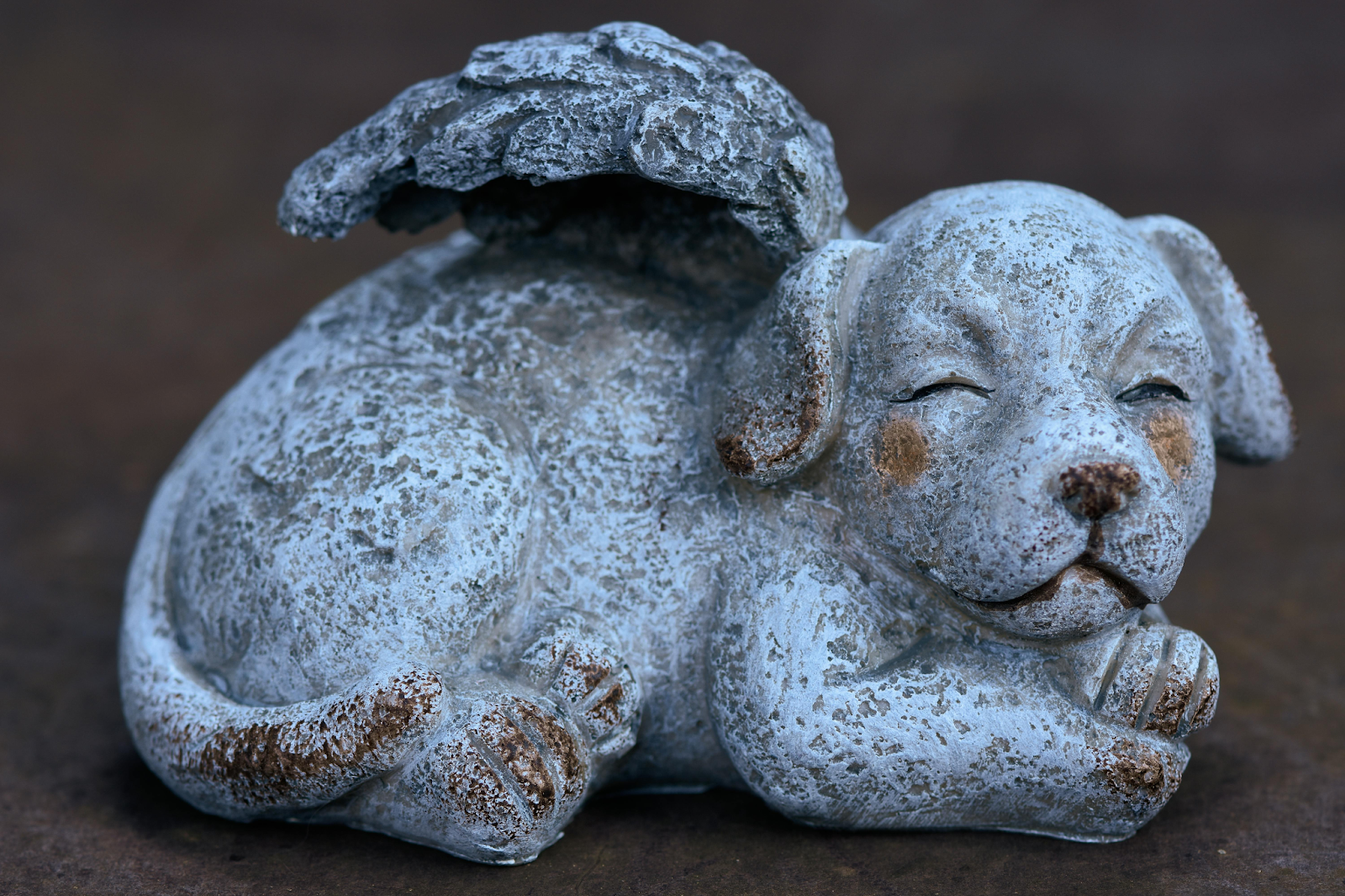
Pexels
One of the hardest realities of pet ownership is that animals have much shorter lifespans than humans. Millennials who treat pets like children often experience profound grief when their furry companions pass away. This loss is compounded by the realization that pets, while beloved, don’t leave the same generational legacy as children. While pets bring immense joy and companionship, their temporary nature can leave a gap that’s difficult to fill, especially for those who invested in them as lifelong emotional surrogates.
11. Behavioral Problems from Inconsistent Training

Rawpixel
Proper training is critical for pets, especially dogs, but many millennials skip this step. Without consistent training, pets can develop behavioral problems like aggression, excessive barking, or anxiety. These issues strain the owner-pet relationship and can make living with the animal challenging. Behavioral problems are often a reflection of unmet needs or inconsistent boundaries. While training requires time, patience, and often professional help, it’s a necessary investment for a happy, well-adjusted pet. Unfortunately, many owners underestimate its importance until problems arise.
12. Environmental Impact
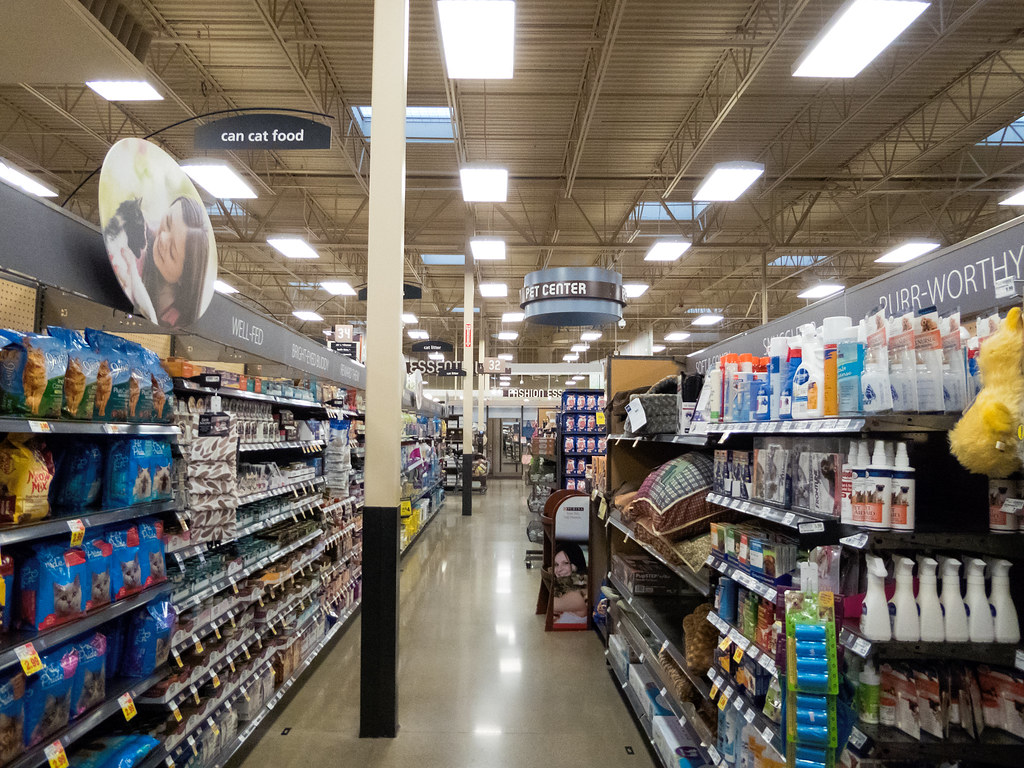
Flickr
Pet ownership isn’t as eco-friendly as it might seem. The production of pet food, especially for large dogs, has a significant environmental footprint. From meat-based diets to plastic waste from toys and supplies, pets contribute to the planet’s challenges in ways often overlooked. Millennials, who are generally environmentally conscious, may not fully consider the impact of their furry companions. Balancing sustainability with pet ownership is a challenge that requires careful thought and adjustments, such as choosing eco-friendly products or adopting more sustainable feeding practices.
13. Pets Deserve to Be Pets

PickPik
At the heart of the issue is the simple truth that pets deserve to be treated as animals, not replacements for children. While the love and companionship they offer are irreplaceable, pets thrive when their unique needs and instincts are respected. Understanding and embracing what makes them different from humans creates stronger, healthier bonds. Pets aren’t here to fill a void—they’re here to share our lives in their own special way. Recognizing this ensures a better future for both pets and the millennials who adore them.
14. Incompatibility with Long-Term Goals
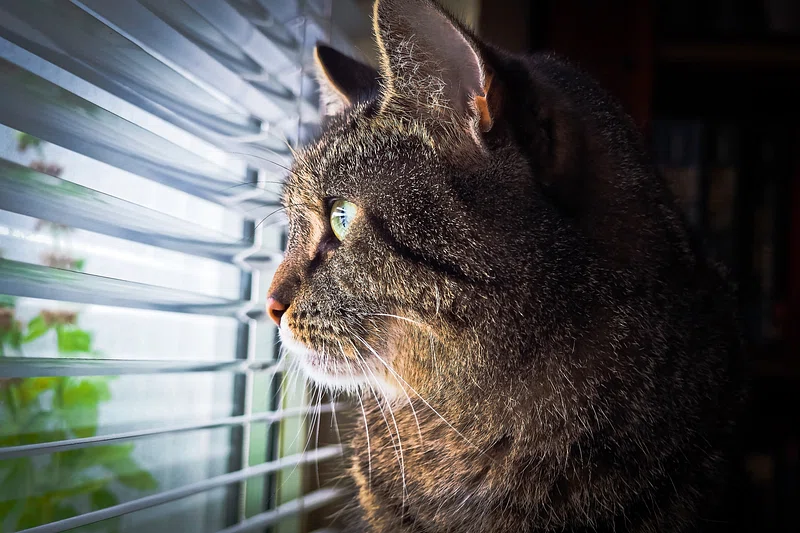
Rawpixel
Pets are a long-term commitment, often lasting a decade or more. For millennials who value flexibility and freedom, this can become a significant challenge. Travel, career changes, and relocations are harder to navigate with pets in tow. Some owners face tough decisions, like rehoming their animals, when life plans shift. This incompatibility with long-term goals underscores the importance of carefully considering the responsibilities of pet ownership before taking the plunge. A pet is a lifelong responsibility, not a temporary fix for loneliness or a placeholder for future children.
15. Emotional Burnout

Pexels
The emotional toll of pet ownership can catch millennials by surprise. Pets rely on their owners for everything, and that responsibility can feel overwhelming over time. Constant worry about their health, happiness, and safety—combined with financial and time constraints—can lead to burnout. Unlike children, pets don’t grow up and become independent, which can make the demands of care feel unrelenting. This emotional strain often leaves owners questioning their ability to provide the best life for their animals.


